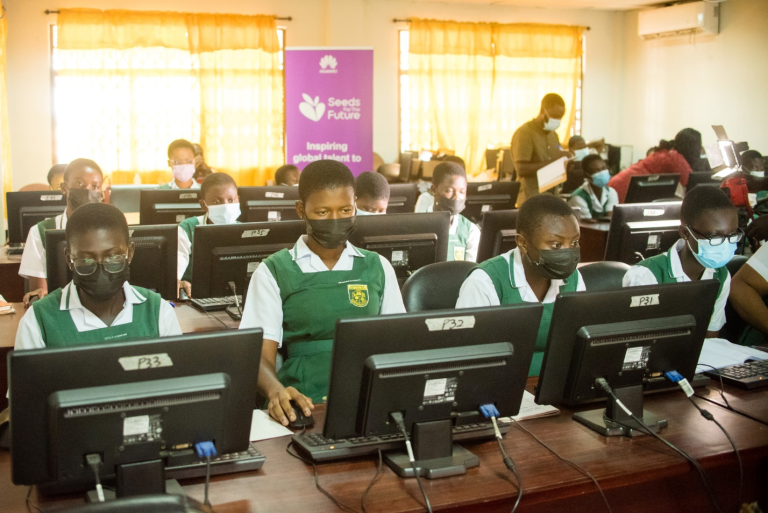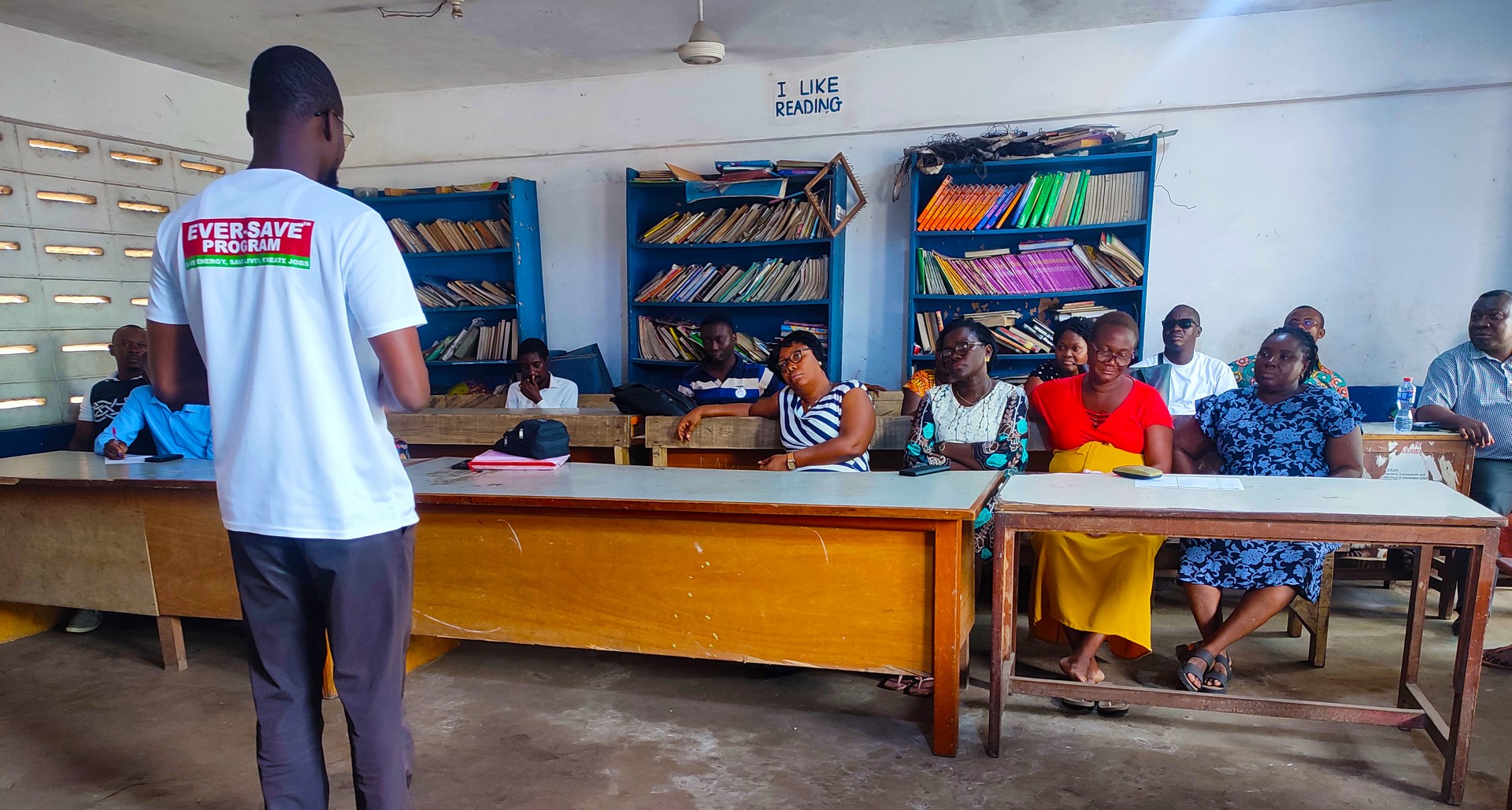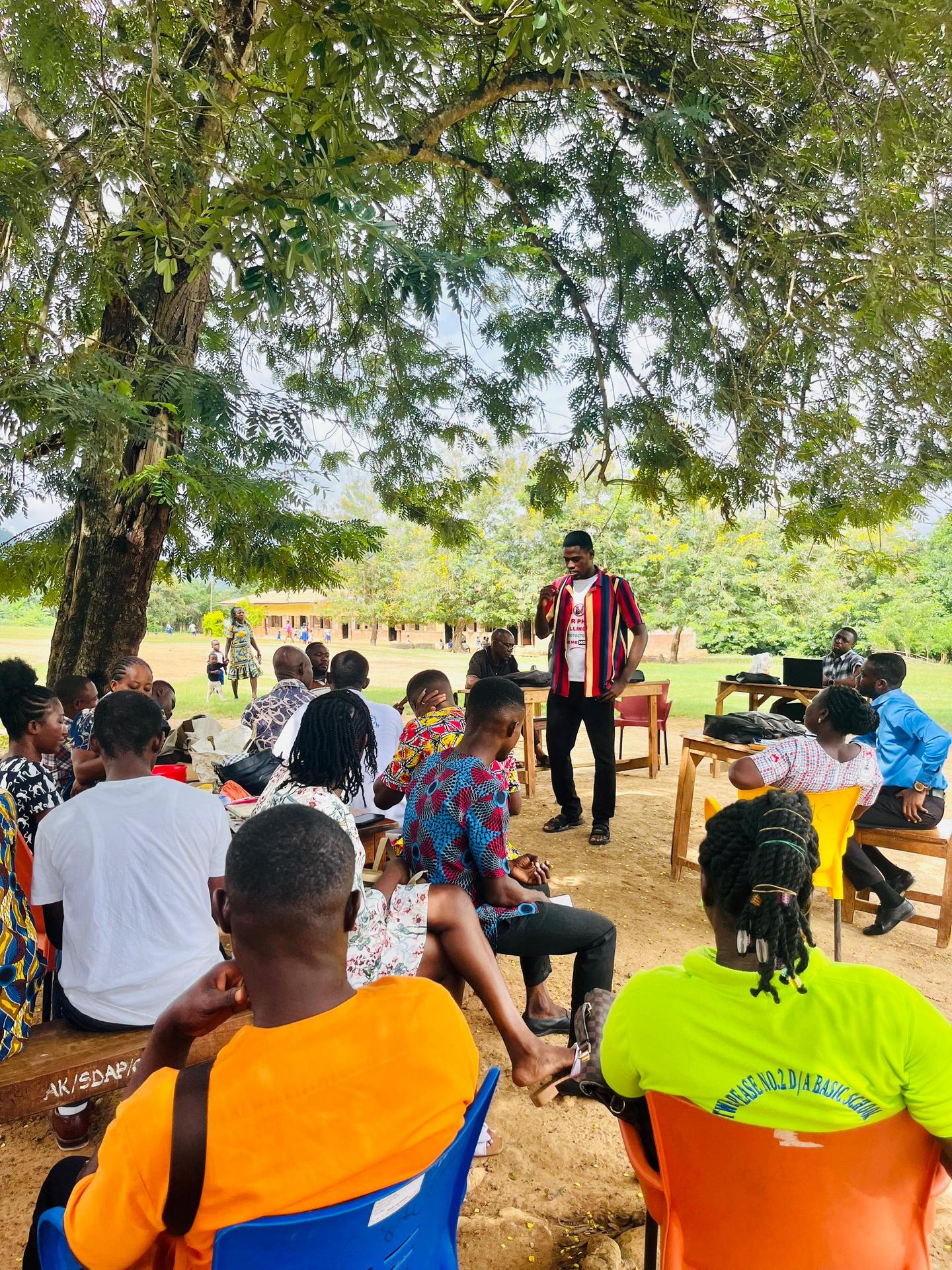Protecting Children from EMR.
In today’s digital age, children are increasingly exposed to electromagnetic radiation (EMR) from various electronic devices such as mobile phones, tablets, Wi-Fi routers, and smartboards in schools. In Ghana, there is a ban on smart devices and phone usage among high school students by the Ghana Education Service. Fortunately, and unfortunately, Ghana is switching to digital education slowly, these technologies offer significant educational benefits, there is growing concern about the potential health risks associated with prolonged EMR exposure, especially for children, whose developing bodies are more vulnerable.
Why Children Are More Vulnerable
Children are particularly at risk from EMR because their bodies are still developing. Their skulls are thinner, and their nervous systems are still maturing, making it easier for EMR to penetrate their brains. Additionally, children will likely be exposed to EMR for a longer period over their lifetimes compared to adults, increasing their cumulativ e exposure and the associated risks.
e exposure and the associated risks.
Studies have linked excessive EMR exposure to a variety of health issues, including sleep disturbances, behavioural problems, and even more severe conditions like cancer. Given these potential risks, it’s crucial for schools and parents to take proactive steps to protect children.
Some of EMR Regulations and Solutions
Several countries have recognized the need to protect children from EMR exposure and have implemented regulations and solutions to mitigate the risks. These examples offer valuable lessons that could be applied in Ghana.
France: In 2015, France implemented a law banning Wi-Fi in nursery schools and requiring it to be turned off in primary schools when not in use for digital activities. The law also mandates that schools communicate with parents about how to reduce children's exposure to EMR at home. This precautionary approach reflects France’s commitment to minimizing children’s EMR exposure during their formative years.
Israel: Israel’s Ministry of Health has issued guidelines to limit children’s exposure to EMR. These include recommendations to reduce the use of wireless devices in schools, encourage the use of wired internet connections, and limit the time children spend on mobile phones. Israel also promotes the use of headsets or speakerphones to minimize direct contact with mobile phones.
Belgium: Belgium has implemented a ban on the sale of mobile phones designed for children under seven years old. This measure is part of a broader strategy to reduce EMR exposure among young children, recognizing that they are more susceptible to potential health effects.
United Kingdom: The UK’s Health Protection Agency advises that children should use mobile phones only for essential purposes and encourages the use of hands-free devices to keep mobile phones away from the head. Additionally, some schools in the UK have opted to hardwire internet connections rather than relying on Wi-Fi, reducing the EMR exposure for students.
Applying These Lessons in Ghana
Ghana can benefit from adopting similar measures to protect children from EMR exposure. Schools and parents can work together to implement practical solutions that minimize risk.
Limit Wi-Fi Use in Schools: Schools can restrict the use of Wi-Fi, especially in areas frequented by younger children. Wired internet connections can be used as a safer alternative, ensuring that students still have access to digital resources without the added EMR exposure.
Promote Safe Mobile Phone Practices: Parents and teachers should encourage children to limit their use of mobile phones and use hands-free devices whenever possible. Educating children on the importance of keeping devices away from their bodies, particularly their heads, is essential.
Raise Awareness: Schools should actively educate students, parents, and staff about the potential risks of EMR exposure and how to reduce it. This could include workshops, informational pamphlets, and integration into the health education curriculum.
Advocate for Policy Changes: Advocacy for national policies similar to those in France or Israel could significantly reduce children’s EMR exposure. This might include regulations on Wi-Fi usage in schools, guidelines for safe mobile phone use, and public campaigns to raise awareness.

A Call to Action
As Ghana continues to embrace digital technology in education, it is vital to balance the benefits with the responsibility to protect children from potential risks. By drawing on international examples and implementing proactive measures, schools and parents in Ghana can significantly reduce children's exposure to EMR. Ever-Save Africa is committed to raising awareness and advocating for safer practices, ensuring that the next generation can enjoy the benefits of technology without compromising their health. Through education, awareness, and advocacy, we can create a safer environment for all Ghanaian children.
Evers-Save has been able to organize free sensitization on radiation for all secondary schools in Eastern Region and the exercise is also ongoing for Greater Accra for basic Schools and Secondary Schools too. You can book a schedule for your school or institution here.


